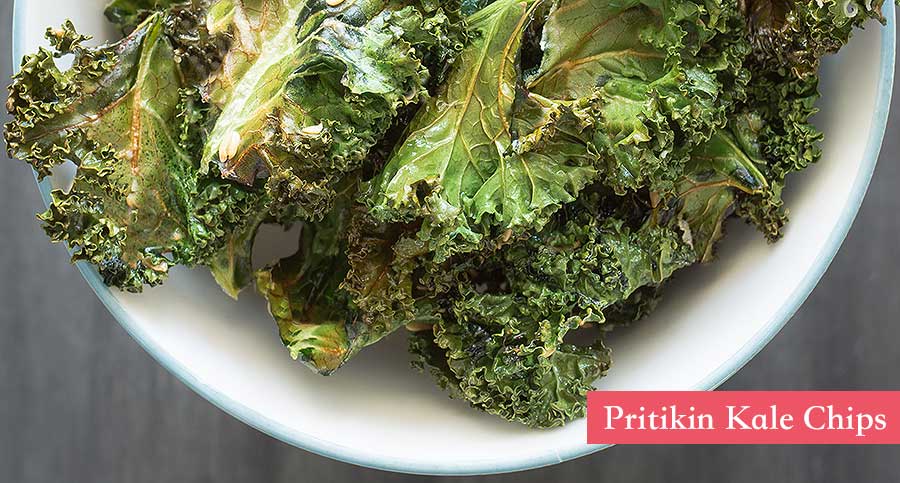Healthy & Tasty Alternatives
to your Favorite Snacks
Once your try out these fiber-rich, naturally low in sugar, salt and saturated fat, whole food alternatives, you’ll never opt for those unhealthy French fries, ice cream sundaes or potato chips again.

Pass on the Potato Chips
There’s no question that junk food such as tortilla and potato chips aren’t good for you. Today, however, you can likely find an entire aisle at the grocery store dedicated to “healthy” crispy bites, as food manufacturers have moved far beyond producing just vegetable chips. Taking advantage of culinary health trends, companies are now selling crisps made from things such as quinoa, flax seeds, beans and sweet potatoes, according to Nutritional Outlook. Often labeled and marketed as nutritious alternatives, these store-bought snacks are still highly processed and likely not much healthier than the greasy potato chips a few shelves over.
Skip the Ice Cream
While warmer weather and visions of young children holding cones dripping with melted ice cream may convince you you’d like a frozen treat yourself, one look at the amount of sugar and saturated fat in a single scoop of triple chocolate twist will stop you in your tracks. Just one serving of ice cream often packs several hundred calories, at least 10 grams of fat and lots and lots of sugar.
In fact, according to the American Heart Association, ice cream is one of the leading culprits of added sugars, meaning that it is packed with processed sugars that aren’t naturally occurring. AHA guidelines suggest limiting your added sugar intake to no more than half of the daily sugar calories you’re allowed. For men this means no more than 150 calories per day, which equals about nine teaspoons of added sugar. For women, added sugar consumption should be limited to 100 calories, or six teaspoons, per day.
Choose Veggies Over Peanuts
When it comes to snacking, the calorie density of the food should always be taken into account, according to Pritikin’s Director of Nutrition Kimberly Gomer, MS, RD, LDN. That being said, a good rule of thumb is to always go with the vegetables. In comparison to a pound of peanuts that equals a whopping 2,570 calories, one pound of vegetables is between just 65 and 195 calories. Vegetables are the lowest-calorie dense food which in turn, makes them the absolute best snack for weight loss.
Bonus tips for healthy snacking
More often than not, reaching into your cupboard for a snack is not motivated merely by hunger. Whether it’s habit, tiredness, boredom or stress that leads to grabbing that second bag of pretzel sticks, it’s important to understand where those impulses are coming from. When they do hit, here are some helpful tips from the Pritikin team to follow.
- Keep moving: If you start to notice one of those cravings washing over you, distract yourself. Move away from the refrigerator by taking a short walk around the block or engaging in another activity.
- Instead of popcorn, opt for edamame beans. Fresh or frozen, simply pop them out of their shells and enjoy these light and chewy, but filling bites. What’s more – the need to peel the pods slow down your food intake.
- Instead of cookies or sweets, make a snack of cottage cheese. Find a fat-free and low-sodium brand and top it with fresh fruit.
- Get rid of the unhealthy, fat-filled junk food in your home. If it’s not there, you won’t be able to reach for it when a craving hits.
- Always keep a stash of healthy fiber-rich, nutrient-filled snacks with you at all times. That way, when hunger strikes at work, in the car or at the gym, you won’t be forced to make an unhealthy decision.